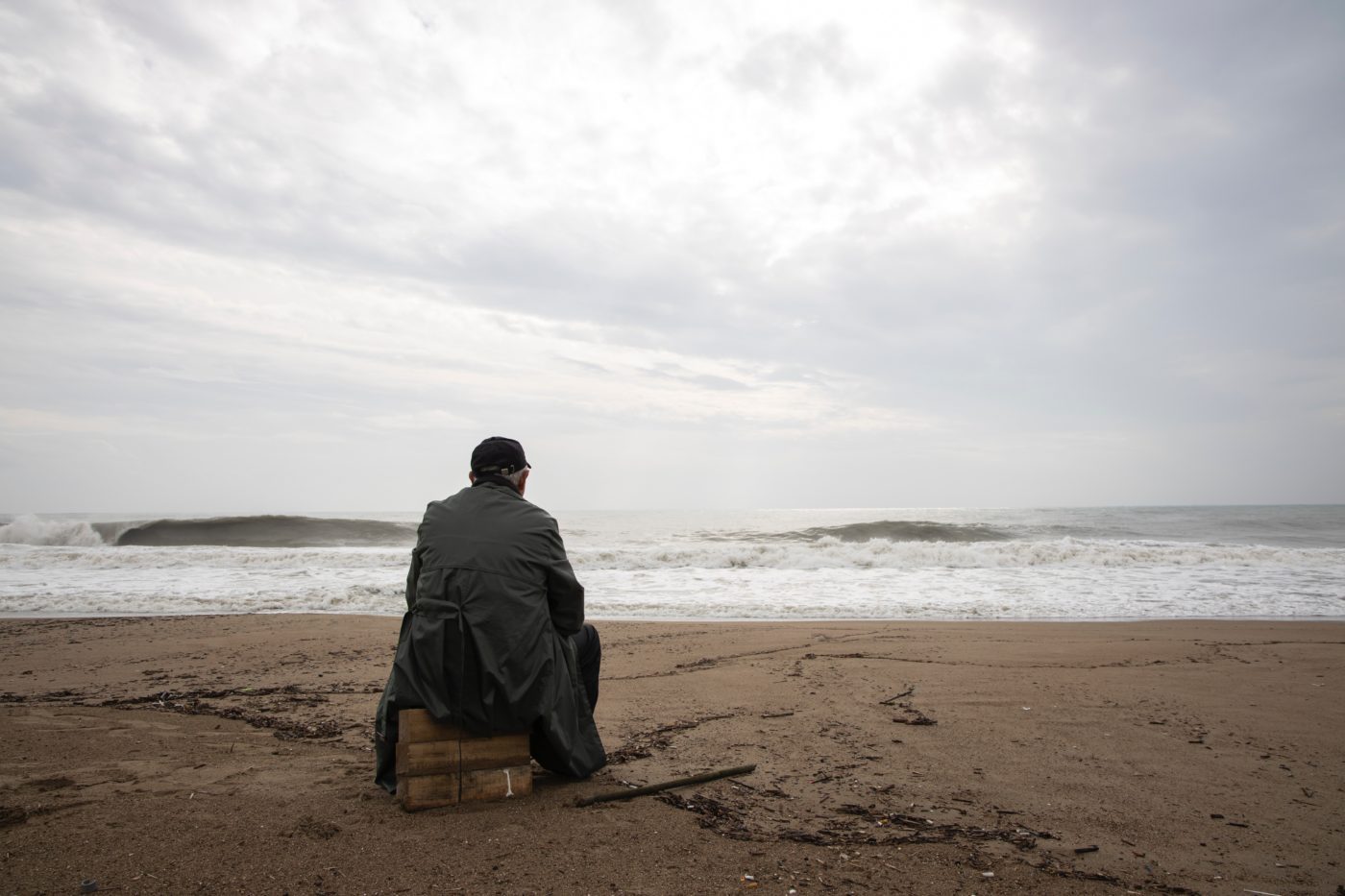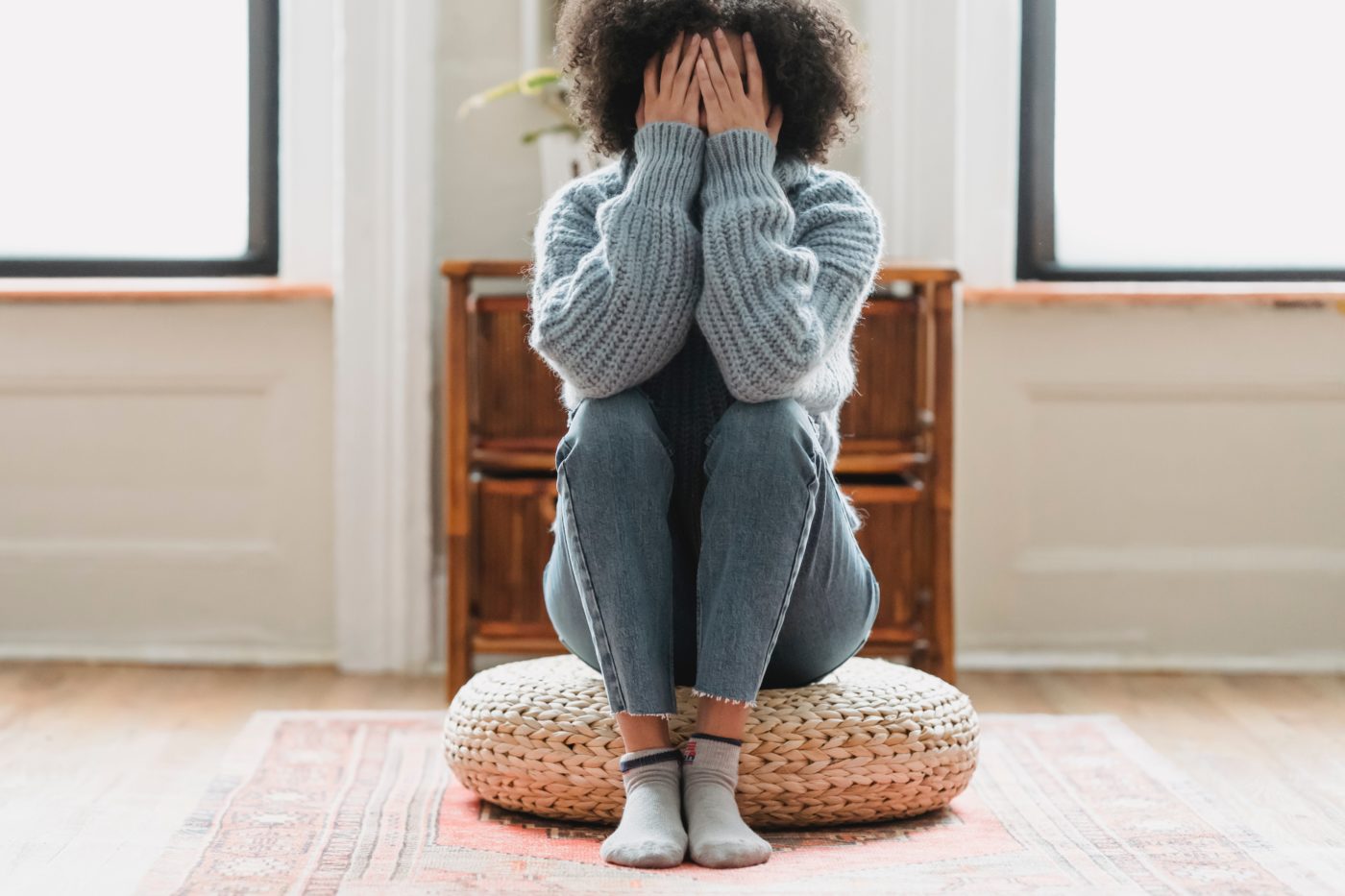Recognizing and Overcoming Survivor’s Guilt

Survivor’s guilt – what is it? Well, it’s not just a single thought but a range of emotions that can relate directly to surviving cancer or the experiences during treatment. It can protect us in the face of daunting illness, which can be overwhelming and out of the grasp of our control without a coping mechanism.
The dictionary defines survivor’s guilt as guilt “experienced by those who have survived a catastrophe that took the lives of many others.” But it can be so much more. For example, as cancer patients we may feel guilty when:
- a fellow cancer patient is lost or experiences a recurrence
- treatment is easier for us than for others
- the needs of treatment inconvenience family members
- we don’t find cancer to be a life-changing experience
- we feel a responsibility to be there forever for those that were there for us

In reality, survivor’s guilt can be better defined as emotions that help with coping and healing. These emotions can include empathy, sadness, anxiety, grief, and post-traumatic stress disorder. Knowing and recognizing these emotions can allow us to take the proper steps to processes these feelings and move forward. Time can be helpful in managing survivor’s guilt, especially once treatment is over. It can provide needed perspective and allow us as a survivor to see things in a different light. We can try substituting the word “and” in our thoughts rather than “but” and this can act as a way to conqueror guilt. For example, we may think about how we cannot run as fast, but we can walk. With time, we may be able to say, we cannot run as fast and we are grateful for what we can do.
An important step in truly moving forward is to find someone to talk to that will listen and respond in a way that feels positive and appropriate to us. We may be dealing with one or many of these types of survivor’s guilt, and it is important to be honest about how we are feeling. It may not be the same every day, and it won’t go away if we ignore it. A spouse, family member, support group or social worker may provide the sounding board we need to honor our emotions related to survivor’s guilt. It is important to recognize that survivor’s guilt is real and that it’s okay to feel the way we feel.
Courtney, MSN, PMHNP
Osteosarcoma Survivor




